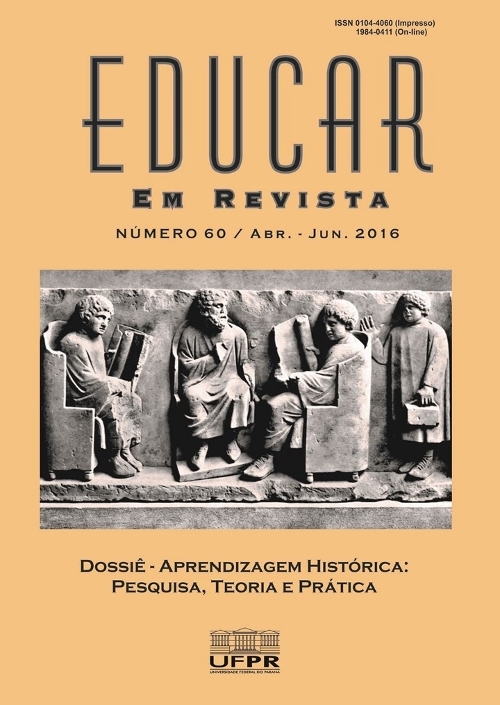The relationship between narrative construction and identity in History Education: implications for teaching and learning
Resumen
The purpose of the research is less about producing little historians and more about taking into account students’ cultures or identities in the teaching and learning of historical narratives. In my work, I have examined the national historical narratives that children and adolescents in the United States have constructed in order to assess the effects of young people’s racial/ethnic identities on their understandings of the past. I have found that young people’s racial identities had a significant impact on their interpretations of U. S. history and that their teachers’ instruction had some but not much impact on their views. Researchers within and beyond the U. S. have found similar results, attesting to the significance of “identity” (a person’s sense of self and the communities s/he affiliates with, including nationality, gender, ethnicity, religious orientation, etc.) in the construction and/or critique of historical narratives. In the following pages, I review and synthesize the studies that I and others have conducted on the effects of identity on history teaching and learning, and conclude with a discussion of the implications for teaching and learning history in diverse democratic societies.
Publicado
Cómo citar
Número
Sección
Licencia
Los Derechos Autorales para artículos publicados en la Educar em Revista son del autor, con derechos de primera publicación para la revista. La revista es de acceso público (Open Access), siendo sus artículos de uso gratuito, con atribuciones propias, en aplicaciones educacionales y no-comerciales.



